Despite its dim prospects of success, Rep. Marjorie Taylor Greene (R-Ga.) is pushing forward with her motion to oust House Speaker Mike Johnson from his post at the head of the House Republican Caucus.
Forcing a vote on the motion to vacate will force all Members of the House to go on record as either supporting or opposing the Speaker. Such votes are often weaponized in primary and general elections, forcing lawmakers to take a tough position on an issue that is rarely simple or binary.
Dilemma for Republicans

In the case of the motion to vacate, Republican lawmakers will be forced to either vote with Democrats to save Johnson or vote to oppose the Speaker, who has been endorsed by former President Donald Trump. This is seen as a lose-lose scenario for most Republicans.
Greene’s Insistence on Pinning Colleagues Down to a Vote
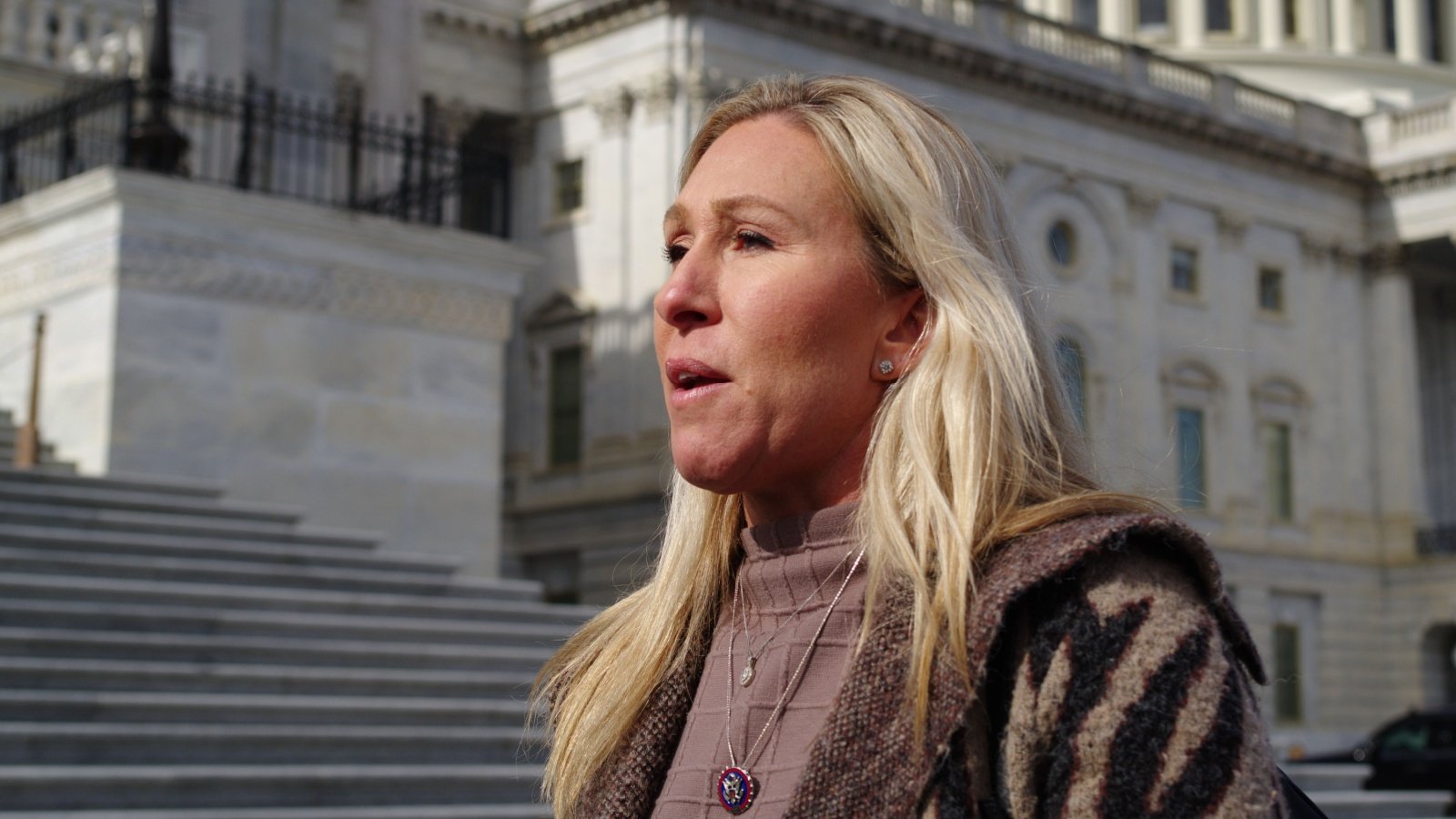
Democrat leaders have expressed their intention to support Johnson and keep him in place when the motion is taken up in the House. Greene does not care about the ultimate trajectory of her motion. Rather, she has expressed that “Every member of Congress needs to take that vote.”
One of the main jobs of leaders in either party is generally to shield members from having to go on record over such stark and difficult votes; Greene’s actions point to her unfitness for higher leadership in this regard.
Internal Republican Tensions

As evidence of the difficulty of taking this upcoming vote, while many Republican Members of Congress do not endorse Johnson’s conciliatory bipartisan approaches to passing legislation, they would rather see continuity of party leadership through the remainder of this Congress. This puts those members, of which there may be many, in a tough position to commit to a binary vote.
Motion to Vacate “Should Be Deployed Sparingly”
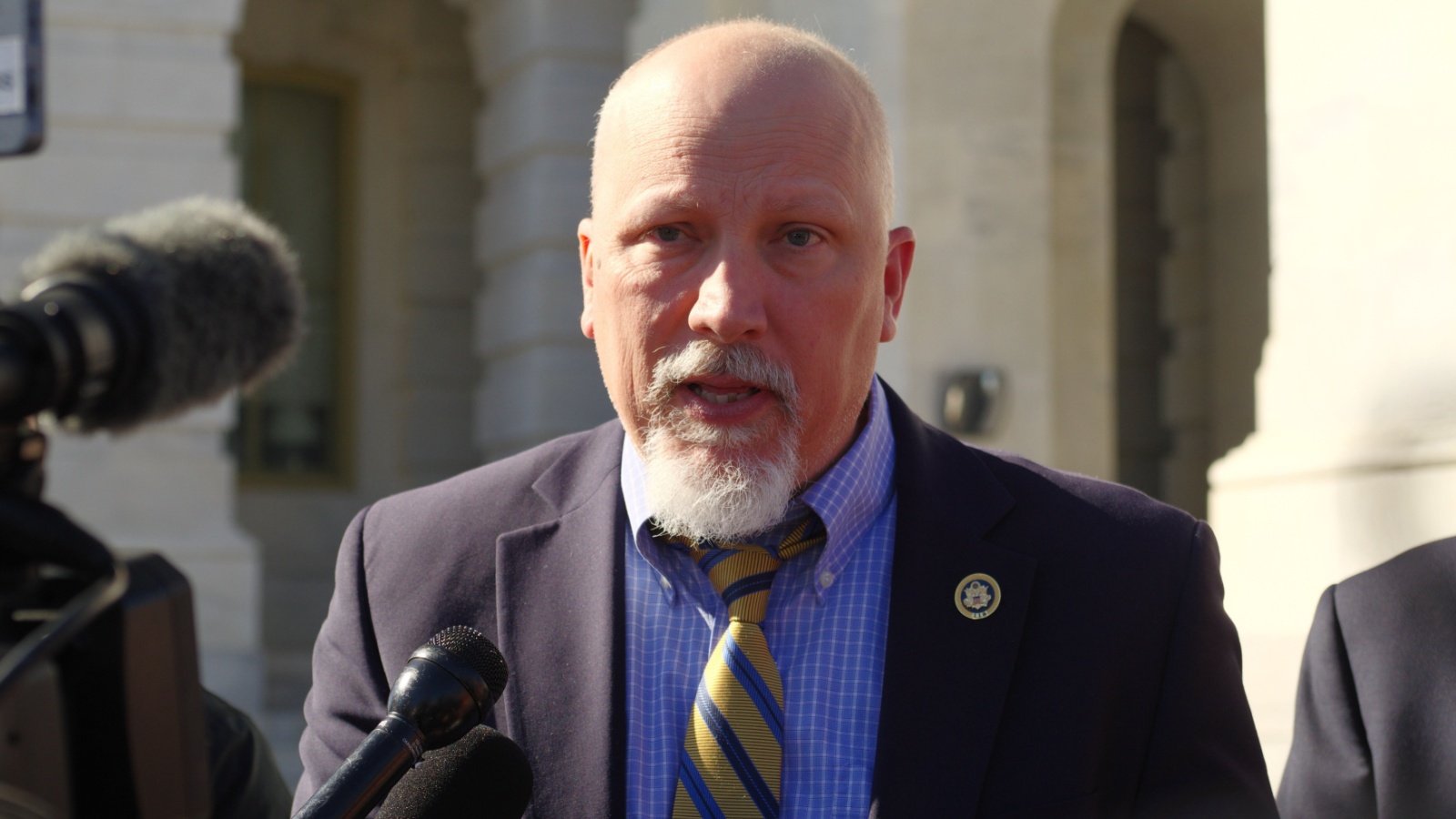
While acknowledging an appropriate place and use for checks and balances, such as the motion to vacate, Republican Rep. Chip Roy from Texas stated, “These tools exist for reasons, but they should be deployed sparingly. Right now, we’re six months out, ish, from the election and we need to focus on that.”
Greene’s Supporters

Standing alongside Greene are Republicans Thomas Massie from Kentucky and Paul Gosar from Arizona. This trio is intent on ousting Johnson. They point in frustration to his penchant for pragmatic concessions and working across the aisle to accomplish the legislative priorities of the centrists in his party.
Trump’s Support for Johnson
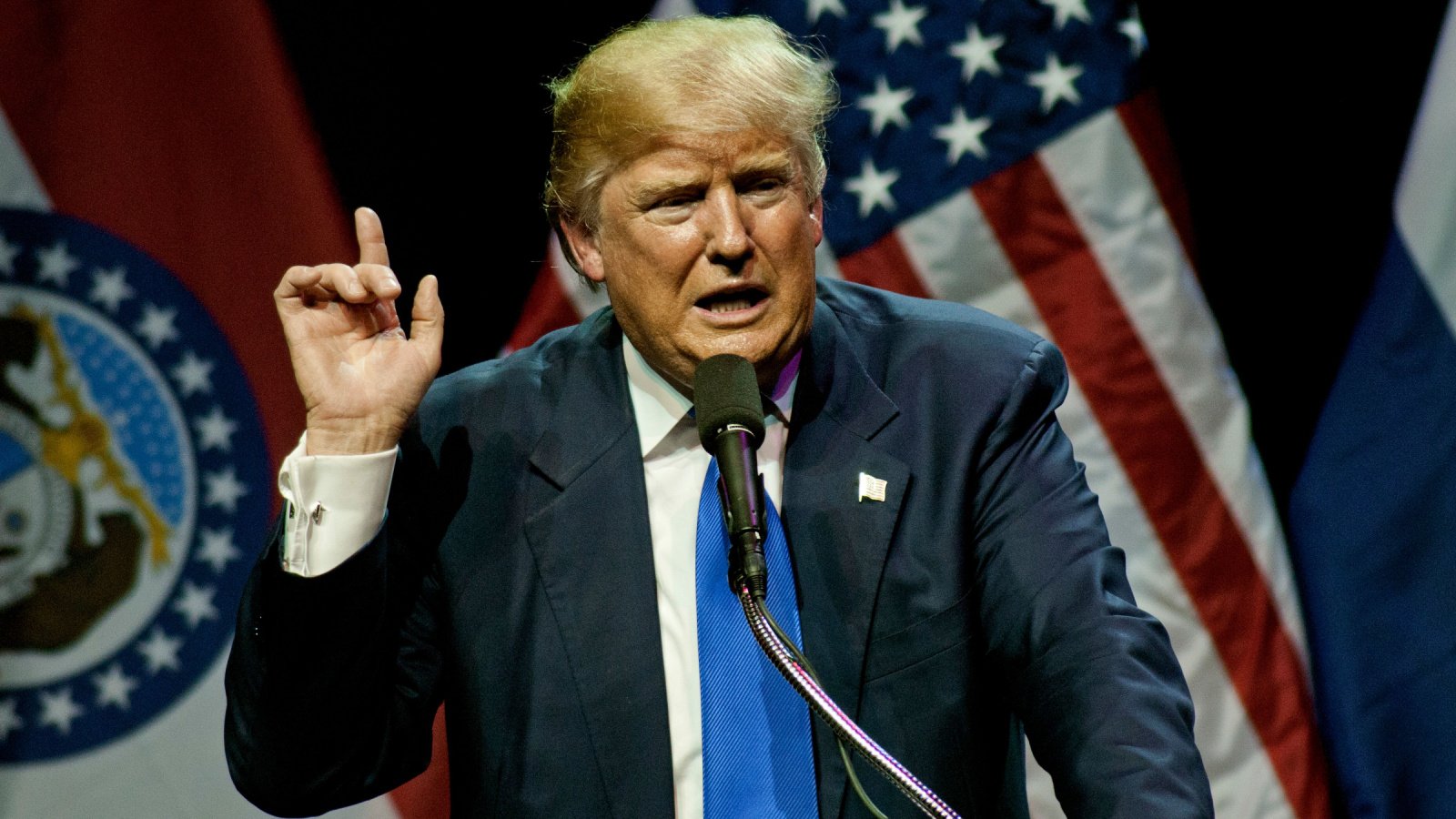
Trump unequivocally stated, “I stand with the Speaker,” setting up a conflict for Members who may have to work with Johnson and Trump for many years if Trump is successful in defending Biden in November. Under a Trump presidency and Johnson speakership, Members will not want to suffer the consequences of having voted to unseat Johnson now.
Trump acknowledged the difficulty of Johnson’s position given the partisan spread of the House, Senate, and White House — all of which are needed to meet in agreement for legislation to be successful.
“Nothing To Be Gained” By Vote

Many Republican House Members are concerned that if Johnson is unseated via the motion to vacate, the Republican caucus will not reach stability prior to the November election, and the voters will not have confidence in the party, leading to defeat in the November election. North Carolina Republican Rep. Dan Bishop said, “I don’t think there’s anything to be gained by having a motion to vacate the chair at this point in time.”
Political Risks for Supporters

Republicans fear backlash for supporting Johnson during their primaries and from the conservative base. Even if members escaped a primary challenge from the right flank so far in 2024, the next election cycle is only two years away, and Republican House members in conservative districts always fear a more conservative opponent challenging them in the primary.
Democrats’ Unexpected Alliance
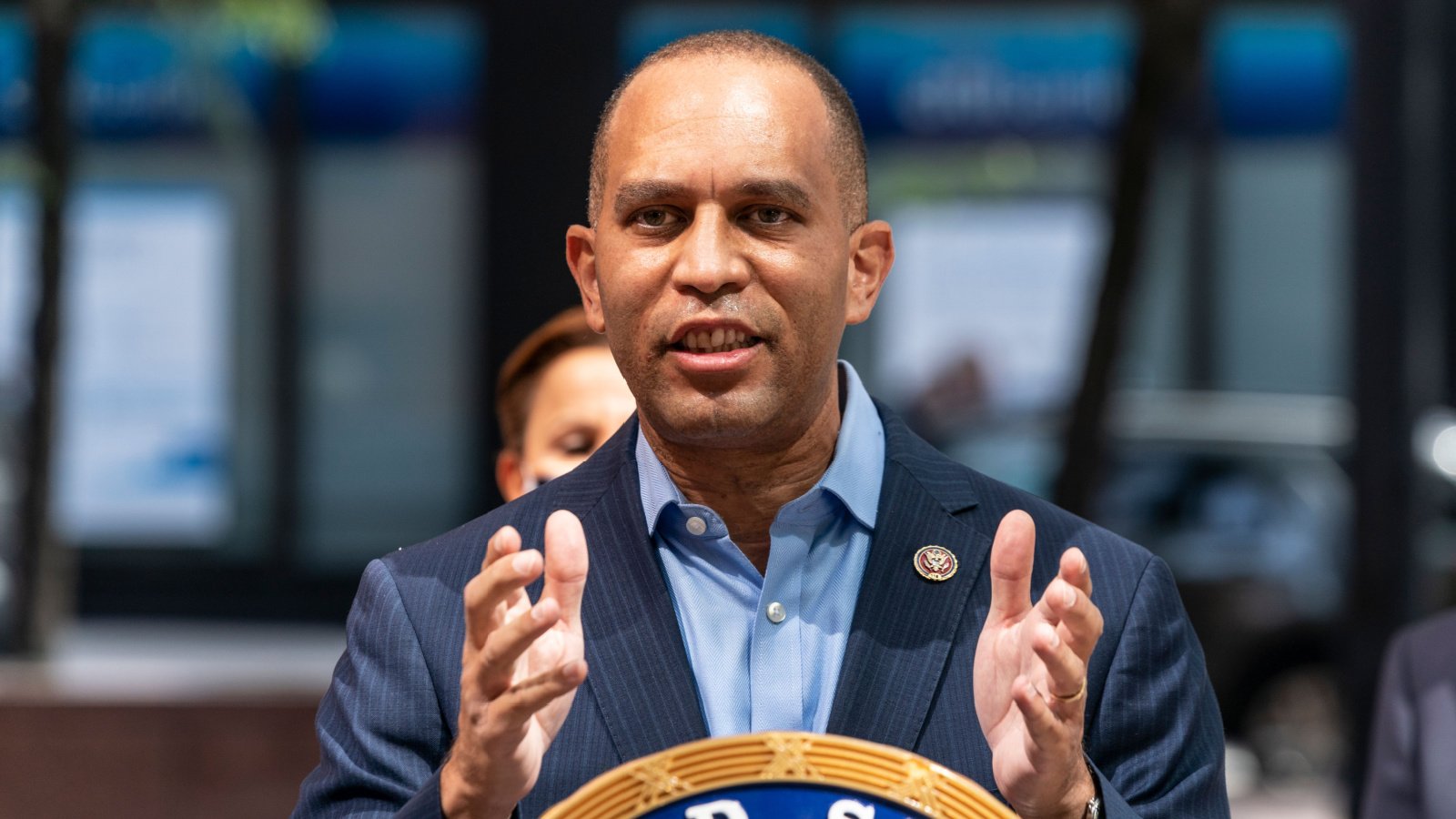
Democrats have signaled support for Johnson, if only to continue with stability over uncertainty. Of course, nothing is guaranteed until votes are counted. It is always possible that circumstances may change and Democrat leaders could alter their strategic calculations.
Democratic Strategy

Political experts claim that the larger Democratic priority in supporting Johnson is seeing certain of their legislative priorities cross the finish line, including such bills as the Farm Bill and Federal Aviation Administration Reauthorization.
Visual Campaign Against Johnson

Johnson’s critics, including Greene, Massie, and Gosar, often malign him as a “uniparty Speaker” who represents the broad masses in the middle of the political spectrum whose interests generally align. To emphasize their point, the trio often incorporate photos and images of Johnson and top democrats being friendly and collegial together.
Democrats’ Embrace of Johnson
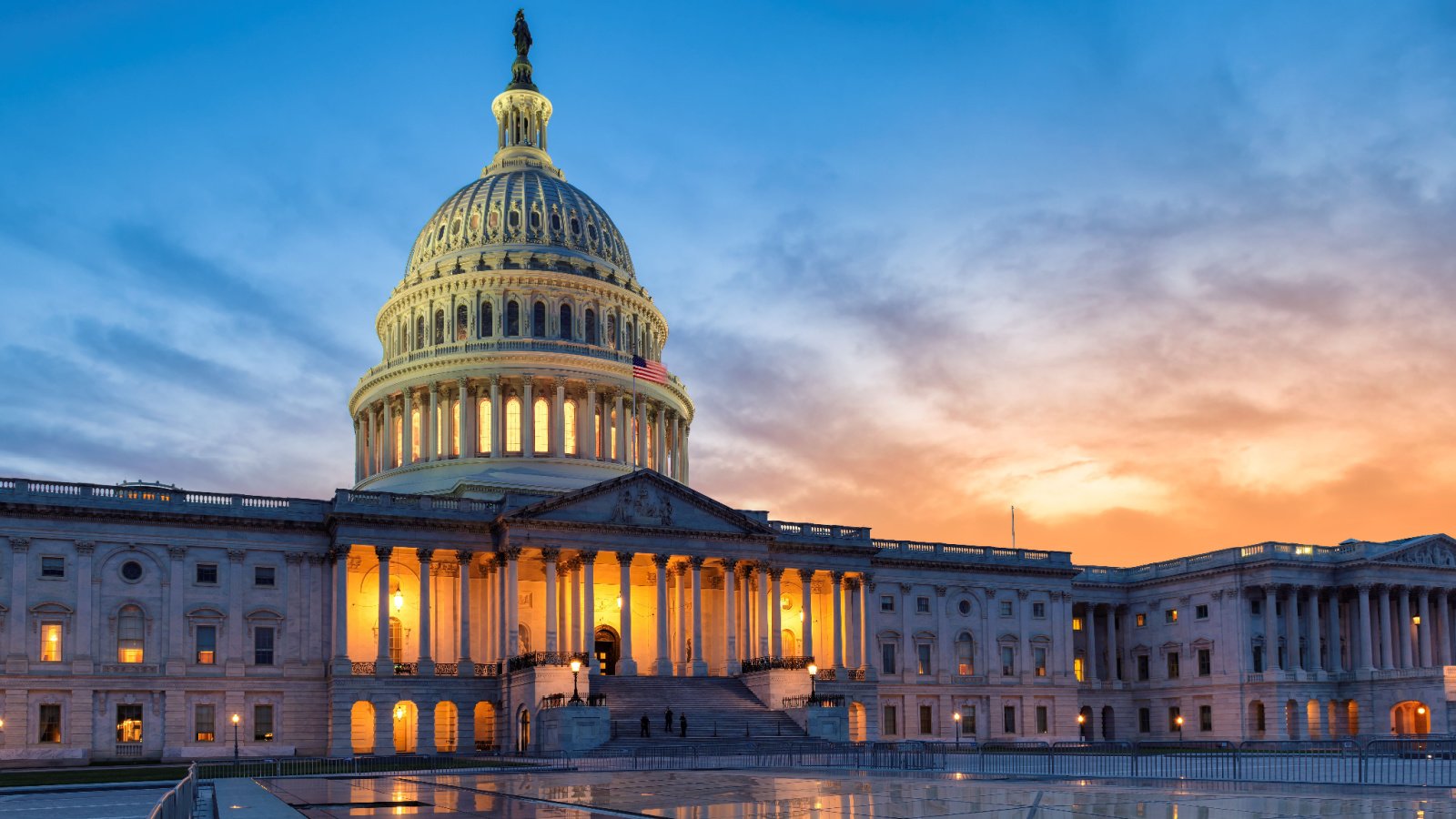
Greene points to the Democratic interest in retaining Johnson from the perspective that the Democrat party would do so because Johnson aids the party in achieving its legislative goals. Greene would extend the thought to imply that Johnson helped the Democrats achieve their policy ends even over the policy preferences of his own party.
Tying Vote to Electoral Success
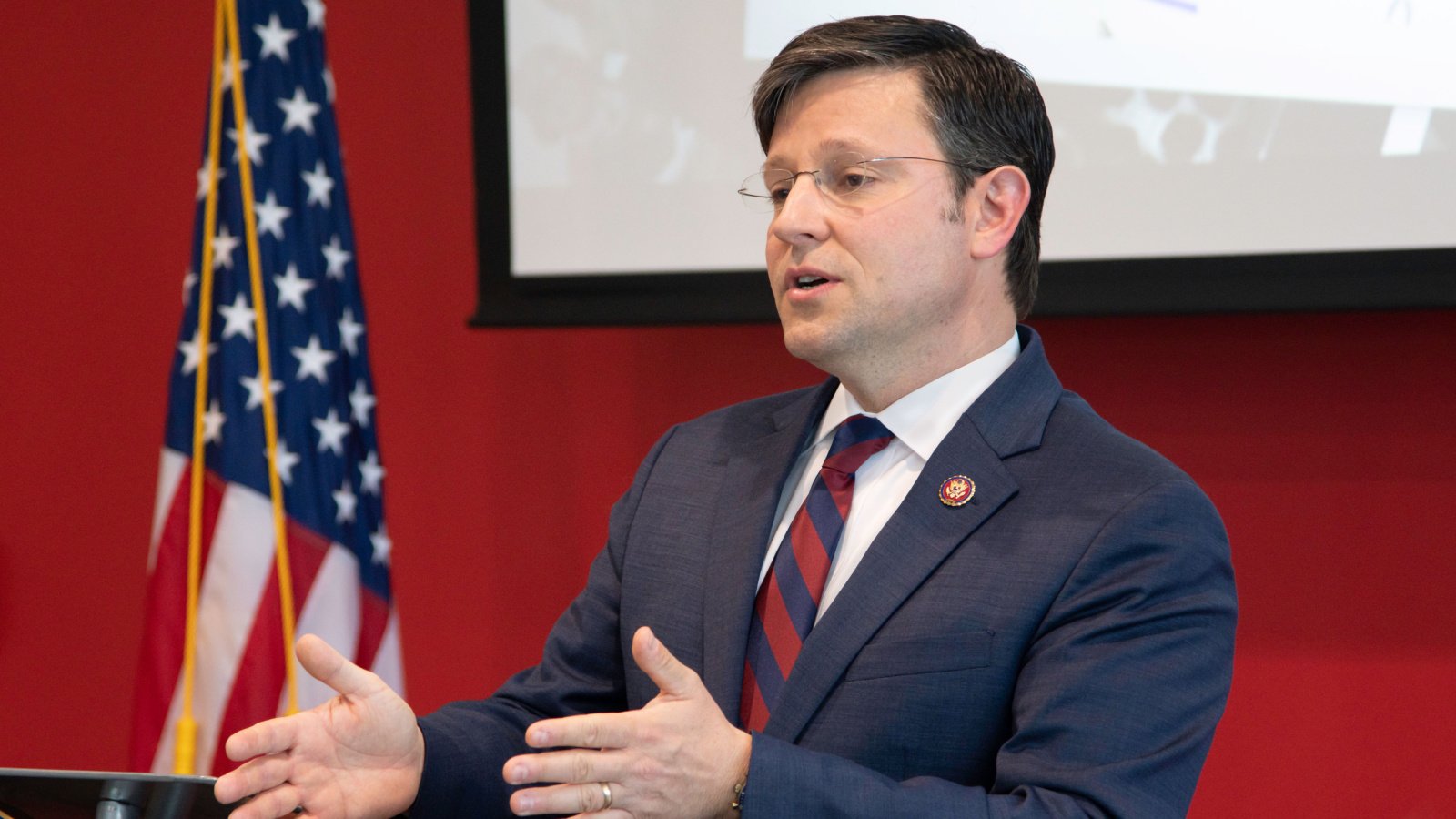
For Greene’s part, she believes that Johnson’s continued leadership could lead to the loss of political power of the Republican party moving forward, as it has allegedly abandoned its conservative principles.
Implications for the Republican Majority

The skirmish on display today is more than just a clash of personalities or even leadership styles. Greene and her backers are on a crusade to insist upon the underlying conservative principles that animate the Republican party from their perspective. Without clinging to those principles, the country will devolve into the “uniparty” they malign.
Summary and Projections

House Republicans are preparing to take a tough vote in coming weeks that will put them on defense this election cycle as well as into the future. House Republicans will have to choose to vote for Democrat-supported Johnson, or vote against Trump-endorsed Johnson. The two sides of the same coin will have vast political implications for the elected officials.







